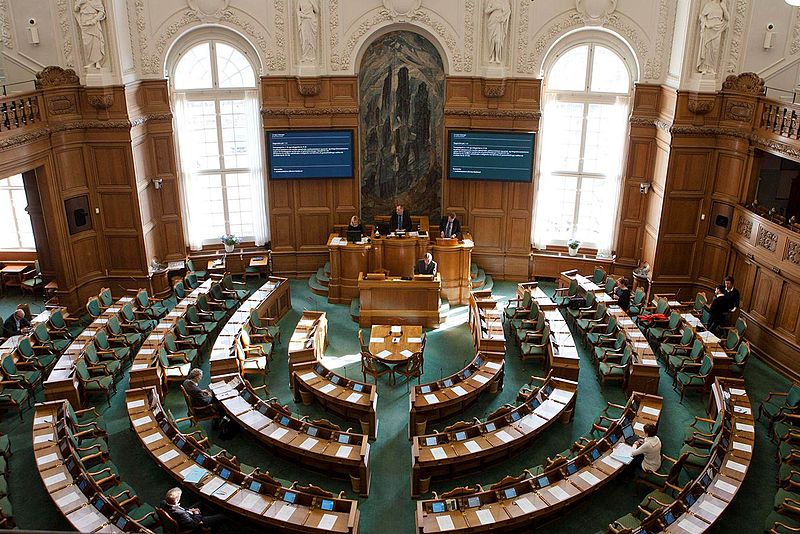
The increasing fear of espionage connected to Chinese video service TikTok has led to authorities around the world banning the app. In Denmark, Parliament has urged its members to avoid
using TikTok on their work devices, following recommendations from the Centre for Cyber Security (CFCS). The CFCS warned last week of a risk of espionage in connection with having the Chinese app on state devices such as mobile phones, tablets, and computers.
Parliament’s speaker, Søren Gade, said, “Parliament takes heed of the evaluations made by the security authorities. When the CFCS estimates there is a risk of espionage by using TikTok, then we adhere to that. We thereby follow the line that the centre has set regarding state institutions.”
The EU has also banned TikTok on employee work phones, while Canada has become the latest country to do so. Numerous US states have also banned the service. TikTok is owned by Chinese firm Bytedance, which is suspected of passing on information from its users to the regime in Beijing.
In co-operation with the PET intelligence agency, CFCS recently developed a guidebook for security relating to mobile devices. However, Bytedance argues that the bans are based on a “basic misunderstanding of our corporate structure”. Meanwhile, Danish engineering association IDA has suggested that the state should ban the app on all phones used in the public sector.
TikTok has become increasingly popular worldwide, particularly among younger generations. However, concerns about the app’s security have been raised due to its ownership by a Chinese company, with links to the Chinese government. The app has faced several controversies, including allegations of censorship and the sharing of user data with the Chinese government. As a result, many governments and organizations have banned TikTok or advised against its use.
The risks associated with TikTok have prompted many countries to take action, with the concern that the app could be used for espionage purposes. Espionage involves collecting and transmitting information without permission, usually for political or military purposes. As TikTok has access to large amounts of user data, including personal information, there are concerns that this data could be shared with the Chinese government.
TikTok has denied these allegations, insisting that it stores user data in secure locations and that it has never shared user data with the Chinese government. The company has also stated that it has no links to the Chinese government, and that it operates independently of the government.
However, despite these assurances, many countries remain concerned about the risks associated with the app. The bans and advisories against TikTok have been implemented to reduce the risk of espionage and to protect sensitive information. Photo by Job & Magt / Johan Wessman/norden.org, Wikimedia commons.
In conclusion, Parliament’s decision to strongly urge its members to avoid using TikTok on their work devices is a reflection of the growing global concern about the app’s security. With many countries and organizations banning TikTok or advising against its use, it is clear that the risks associated with the app cannot be ignored. While TikTok may offer an entertaining platform for users, the potential risks to privacy and security must be taken seriously.









































